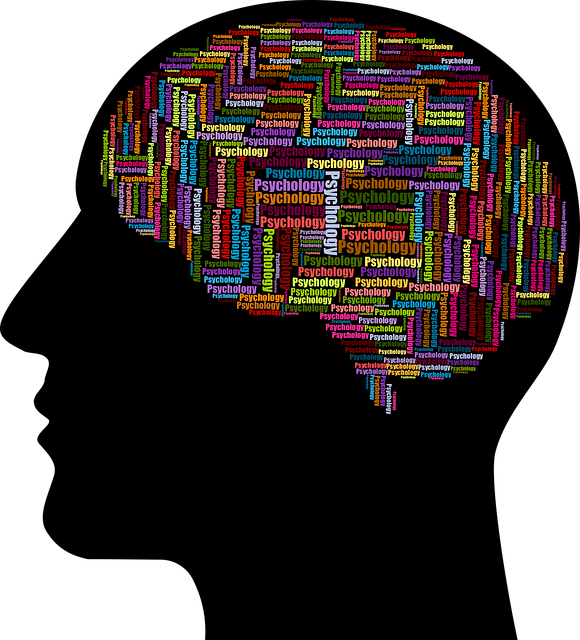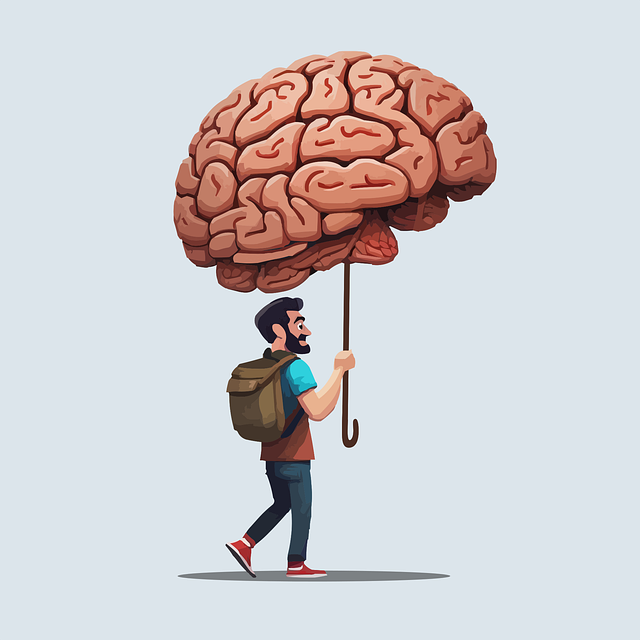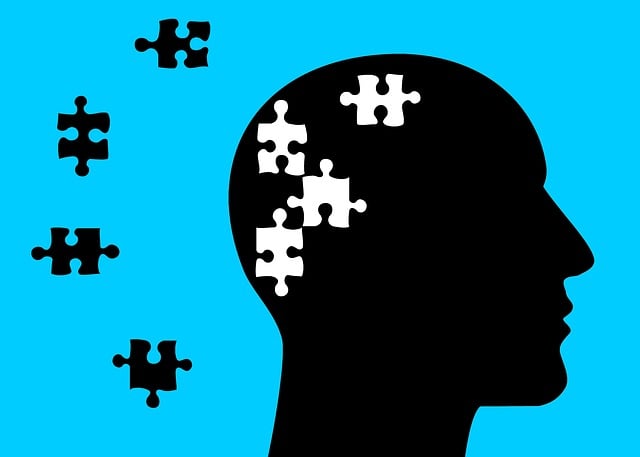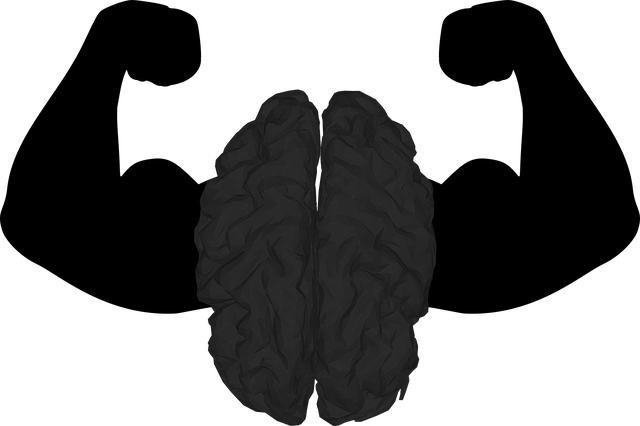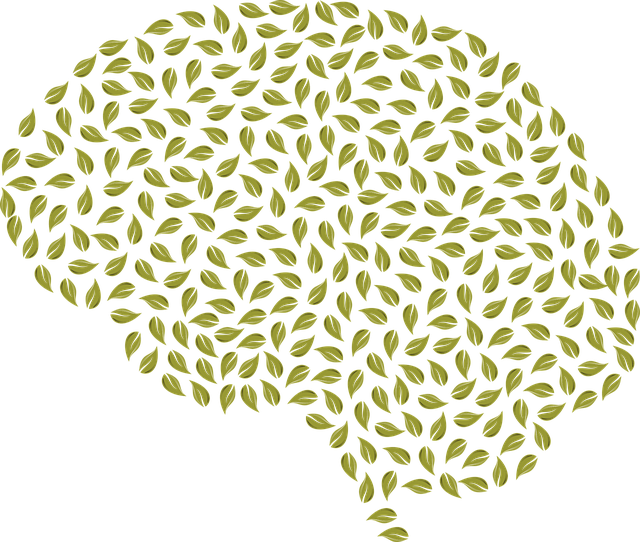Centennial Chronic Pain Therapy (CCPT) prioritizes culturally sensitive mental healthcare, addressing unique cultural beliefs and expressions of pain among diverse patient populations. By understanding patients' backgrounds and integrating holistic treatment plans, including social skills training, CCPT fosters inclusive environments, reduces stigma, and enhances well-being. They overcome barriers through cross-cultural training, compassion cultivation, and judgment-free communication, achieving better client engagement and adherence. Their initiatives, like the mental wellness podcast series, combat stereotypes and promote effective chronic pain treatment tailored to diverse communities.
Cultural sensitivity is an essential aspect of providing effective mental healthcare, especially in chronic pain management. In a diverse society, understanding cultural nuances can significantly impact patient outcomes. This article explores the role of cultural awareness in mental health practices, focusing on Centennial Chronic Pain Therapy. We delve into the benefits, challenges, and strategies for incorporating cultural sensitivity, highlighting successful case studies to illustrate its profound effect on patient care and community health.
- Understanding Cultural Diversity in Mental Healthcare
- The Impact of Cultural Sensitivity on Chronic Pain Therapy
- Challenges and Barriers to Providing Culturally Competent Care
- Strategies for Incorporating Cultural Sensitivity in Practice
- Case Studies: Successful Implementation of Cultural Awareness in Centennial Chronic Pain Therapy
Understanding Cultural Diversity in Mental Healthcare

In today’s diverse society, mental healthcare practices must embrace cultural sensitivity to effectively serve a wide range of clients. Understanding cultural diversity goes beyond recognizing different ethnicities and backgrounds; it involves comprehending the unique belief systems, values, and expressions of mental illness within these communities. At Centennial Chronic Pain Therapy, we recognize that one-size-fits-all approaches often fail to address the complex interplay between cultural identities and mental health. Therefore, our practice prioritizes culturally competent care, ensuring every patient receives respectful, tailored treatment.
This commitment extends beyond the therapeutic relationship. We believe in integrating cultural insights into risk assessments for mental health professionals, promoting self-care routine development for better mental health, and actively participating in mental illness stigma reduction efforts. By doing so, we aim to create a safe, inclusive environment that empowers individuals from all walks of life to seek and receive the support they need without fear of judgment or misunderstanding.
The Impact of Cultural Sensitivity on Chronic Pain Therapy

In the realm of mental healthcare, cultural sensitivity is a game-changer when addressing complex issues like chronic pain. The approach to Centennial Chronic Pain Therapy can be significantly influenced by an individual’s cultural background, beliefs, and traditions. For instance, certain cultures may view pain as a spiritual or emotional challenge rather than purely physical, requiring a holistic treatment plan that incorporates mental health awareness and resilience building. By understanding these nuances, healthcare providers can offer tailored support, ensuring effective and sensitive care.
Social skills training, as part of this culturally responsive approach, can empower patients to navigate their experiences with chronic pain in diverse social settings. This is especially relevant when considering the impact of cultural barriers on help-seeking behaviors and access to care. By fostering an environment that values diversity and promotes open communication, mental healthcare professionals can enhance the overall well-being of their clients, addressing not just symptoms but also the unique challenges presented by chronic pain within a multicultural society.
Challenges and Barriers to Providing Culturally Competent Care

Providing culturally competent care in mental healthcare is a complex task, especially when addressing the unique needs of diverse patient populations. One significant challenge lies in navigating the vast cultural differences that exist within communities, including varied beliefs, values, and traditions. For instance, at Centennial Chronic Pain Therapy, therapists must be mindful of how cultural factors influence pain perception and management preferences. What works for one patient might not resonate with another due to their cultural background.
Barriers to delivering culturally sensitive care include limited cross-cultural training for healthcare professionals and the lack of diversity in mental health workforces. These factors can lead to misunderstandings and miscommunications, hindering the therapeutic process. Additionally, language barriers pose a significant challenge, requiring interpreters or multilingual resources. Despite these obstacles, integrating compassion cultivation practices, resilience-building techniques, and emotional well-being promotion strategies can bridge cultural gaps. Such approaches foster an environment of understanding and trust, ultimately enhancing the effectiveness of mental healthcare services for all individuals.
Strategies for Incorporating Cultural Sensitivity in Practice

Incorporating cultural sensitivity into mental healthcare practice is a multifaceted approach that requires training and dedication. At Centennial Chronic Pain Therapy, we recognize that effective treatment demands an understanding of a patient’s cultural background, values, and beliefs. This involves actively listening to and validating their experiences, free from judgment or assumption. One key strategy is Communication Strategies, encouraging open dialogue where patients feel safe to express their unique perspectives.
Moreover, integrating Social Skills Training can foster a supportive environment, teaching both patients and therapists cultural nuances essential for empathetic interactions. Additionally, focusing on Resilience Building helps patients navigate challenges with enhanced coping mechanisms, while also allowing them to explore and integrate cultural strengths that promote healing and wellness.
Case Studies: Successful Implementation of Cultural Awareness in Centennial Chronic Pain Therapy

In the realm of mental healthcare, cultural sensitivity is no longer a consideration but a necessity. Case studies on the successful implementation of cultural awareness in Centennial Chronic Pain Therapy (CCPT) reveal its profound impact on patient outcomes. By integrating emotional healing processes tailored to diverse cultural backgrounds, therapists in CCPT have witnessed enhanced engagement and adherence among their clients. This approach goes beyond simply treating symptoms; it fosters an environment where individuals from various ethnic, racial, and socioeconomic groups feel seen, heard, and respected.
The mental wellness podcast series production has also played a significant role in promoting cultural sensitivity in CCPT. These platforms offer a medium to share stories and experiences that challenge stereotypes and promote understanding. Moreover, they provide a space for therapists to discuss burnout prevention strategies, crucial for professionals navigating the complex emotional landscape of diverse patient populations. Through these initiatives, mental healthcare practices are revolutionizing the way they address chronic pain, ensuring more inclusive and effective treatment for all.
Cultural sensitivity is a cornerstone of effective mental healthcare, particularly in chronic pain therapy. As evidenced by case studies highlighting successful implementations in Centennial Chronic Pain Therapy, embracing diverse cultural perspectives enhances patient outcomes and fosters trust. Overcoming barriers such as language obstacles and implicit biases requires strategic interventions, including staff training and culturally tailored treatment approaches. By integrating these strategies, mental health professionals can create inclusive environments that address the unique needs of a culturally diverse population, ultimately improving access to quality care for all.
